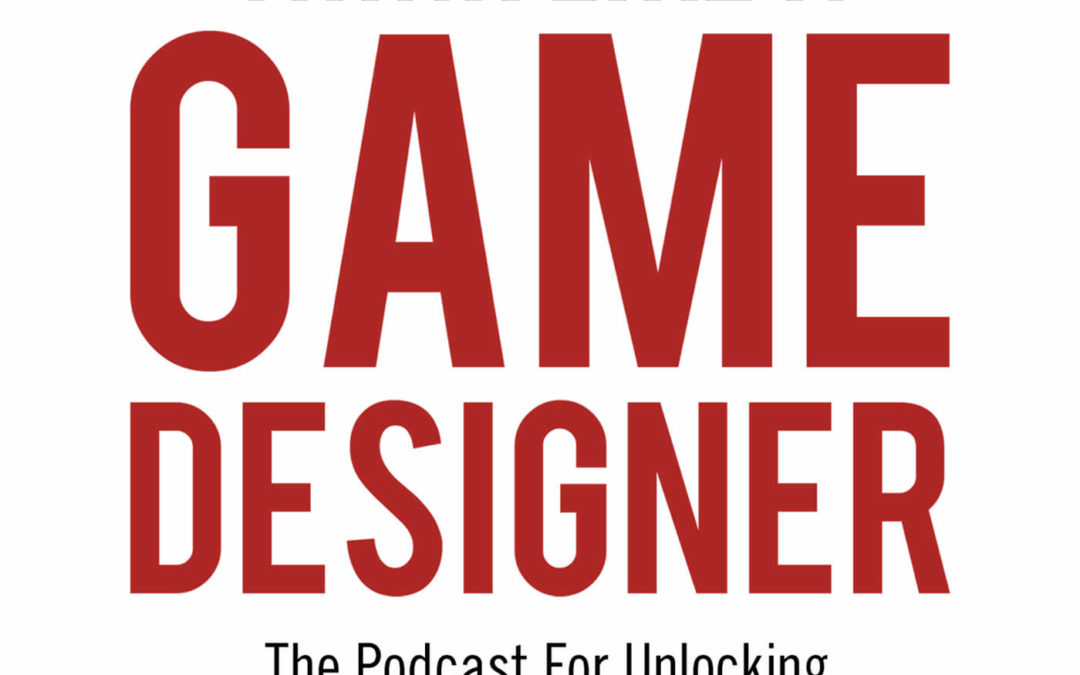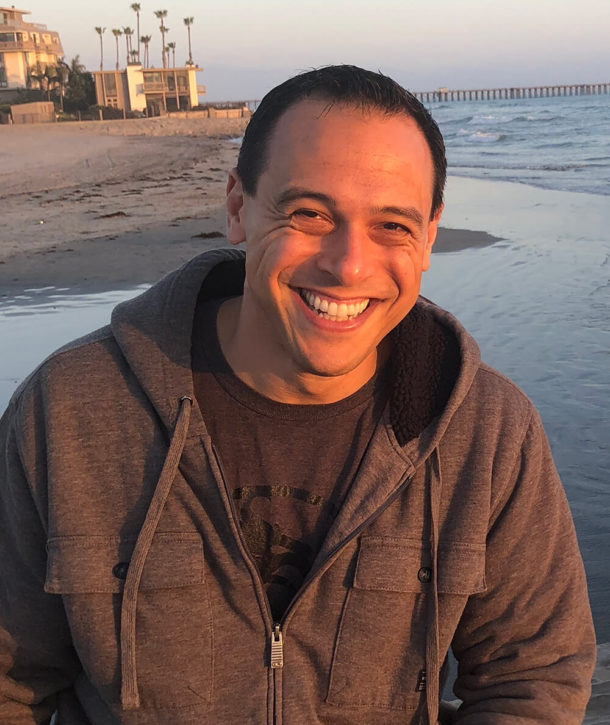This week on the Think Like A Game Designer Podcast is Devin Low:
Devin Low is an award-winning designer who’s worked on some of the most popular games in the world. He was the head developer of Magic: The Gathering, and the lead designer of Legendary: The Marvel Deck-Building Game and Plants vs. Zombies Heroes.
Check out this episode and the previous ones here:
“You want people to have a moment so exciting that they can wait to share it with their buddies.” (6:26)
Here Devin speaks about a particular archetype of game player: The Storyteller. This is a person who doesn’t want to live the character, like in a role-playing game or compete to win, like in Magic. Instead, they want to write the story of what’s happening during a game – a kind of creative game narrator. We talk in-depth about the different ways interactions that happen in a game, creating stories in the minds of the players.
“Getting into a corporation making board games or video games is very hard, but once you get there it’s a great way to learn because you’ll have so many colleagues who’ve done it longer than you, that have different perspectives, that have different talents.” (28:00)
Here we talk about how the skills of game design and gameplay are vastly different. Even in my own life, as a Magic Pro Tour player, my first years in game design showed me how I may have seen issues with a game because of my ability to play, but nothing about design. It took years to iron out the principles behind game design. In fact, the reason for developing this podcast and my book, Think Like A Game Designer, is to educate people on the principles that I had to pick up from my colleagues.
“If corporations knew how to communicate effectively they’d all be a lot more productive.” (38:10)
Devin has worked with a lot of talented teams over his career, in this section, we discuss what it takes to communicate with large teams, how to organize them and keep them motivated. Here I talk a little about a communication and teamwork game I built with Wharton School of Business to solve some of the problems Devin discusses here. We then go into project development and how to know when and why to decide to kill an idea or push it forward.




